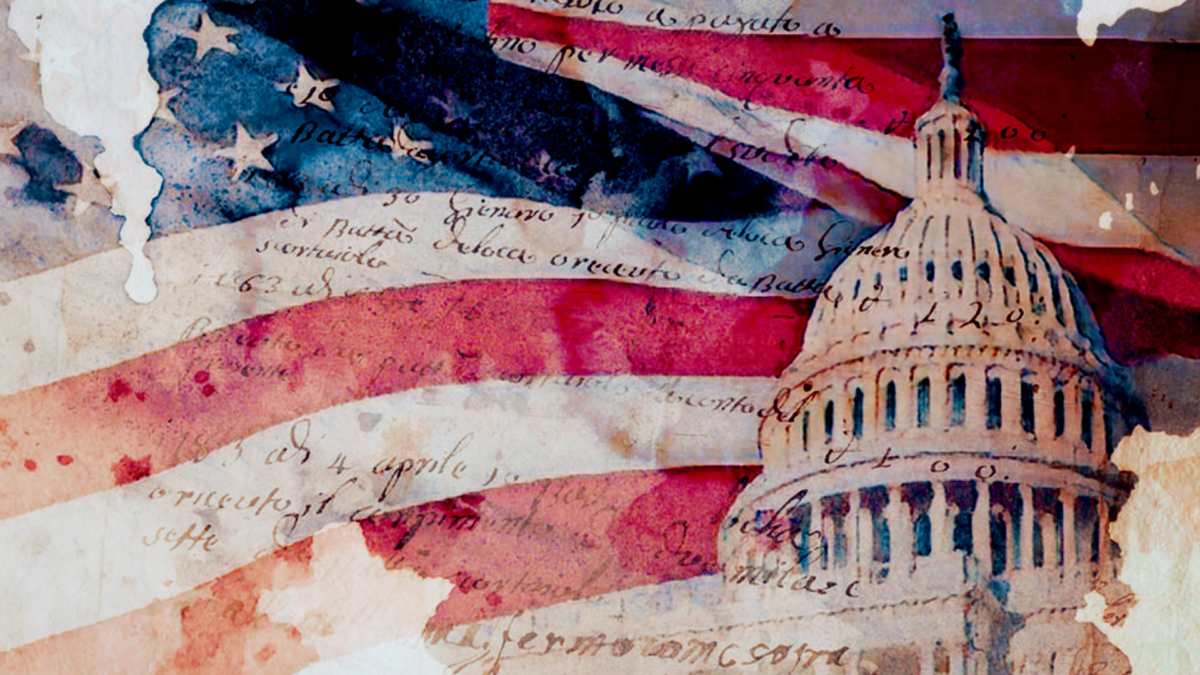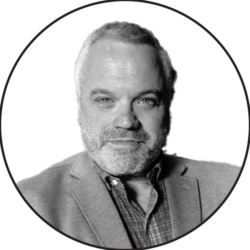Reflections from a Yankee Doodle Gringo
I grew up in Washington, DC, in a household where politics was always discussed and debated. It shaped our dinner table conversations. Back then, the government carried respect. Its authority, though imperfect, came with a baseline of seriousness and shared integrity. It reflected what we’d call our valued democracy, flaws and all.
What’s happening in the US today under Trump 2.0 isn’t just a glitch. It’s a system running as designed after decades of erosion: legal, institutional and civic. Performative populism has taken hold, where spectacle substitutes substance, and grievance fuels voter identity – an observation gleaned after a recent three-week trip to the US.
While waving the banner of law and order, Trump has pardoned January 6 conspirators, reshaped the executive branch to cement authority, and positioned critics, from journalists to judges, as “enemies of the state”. He’s threatened law firms for defending dissenting clients and openly undermines legal norms. This isn’t policy reform; it’s narrative control and silencing opposition. The Constitution, publicly revered on stage but privately ignored in practice, seems to fade into obscurity.
This shift doesn’t arrive as one crisis. It comes in fragments: a disbanded agency, refusal to enforce court rulings, a regulatory purge justified as “efficiency”. What follows isn’t about Trump as POTUS. It’s about what the system now permits and worse, what it tolerates.
From Sydney, it may all look surreal. For me as a Latin American, it’s eerily feels familiar; not because Australia is immune to such populism, but because our Antipodean vantage point sharpens the view. The US looks like a country in denial. I doubt such a shift would have been accepted before the 1990s. So, what changed?
There’s a useful frame here that needs no ideology: think ecosystems. You can’t run a republic on fear and vengeance alone. Eventually the gears seize. You can’t staff a government on loyalty alone, nor deregulate your way into trust. Yet here we are. The judiciary is being gamed. Federal oversight has fractured. Agencies once independent now follow political orders. Civil service capacity has been gutted. The line between propaganda and public communication has blurred. Biased media posts infomercials and clickbait instead of reporting news.
What’s also shifting, admittedly less visibly but just as significantly, is how US regulatory decay distorts global markets. You see it in political risk spreads on state bonds, legal arbitrage among states and inconsistent enforcement of cross-border rules. When the world’s largest economy abandons institutional discipline, risk premiums inevitably widen, incentives warp and market norms fracture. The effects don’t stop at the “Gulf of America”.
What’s striking is how little all this seems to matter to the politically unaligned. Fears that gain traction are often abstract or manufactured. Parents panic over “trans” in bathrooms. Blue-collar workers fear job losses to undocumented migrants, never mind that they’re more likely to be harmed by fellow citizens or bankrupted by medical bills. About 735 Americans declare bankruptcy from medical expenses each day.
This disconnect between perceived threat and actual risk is palpable. And it’s deliberate. American linguist and public intellectual Noam Chomsky warned us that when media prioritises spectacle over scrutiny, propaganda becomes entertainment. Policy complexity flattens into moral panic.
When people back policies that harms them, it’s not just poor messaging. It’s decades of conditioning that recast government as the enemy and public services as costly fiscal burdens.
The 19th German philosopher Friedrich Hegel saw history as opposing forces that eventually resolve. But today’s America feels trapped. Fear, outrage, backlash proliferate. No resolution, just escalation. Most don’t connect failing institutions to daily struggles: understaffed hospitals, broken roads, closed parks, delayed disaster relief. That disconnect is very real.
Fiscal prudence
Consider Medicare, Medicaid and even Social Security. Efforts to roll these back aren’t just about fiscal prudence. They’re stress tests of public confidence. Red (Republican) state voters, often most reliant, would be hit first, even before Chinese tariffs slam US farm exports. Even best-case tariff case could drop from embargo levels to 10 per cent, still well above 1930s Smoot-Hawley levels. This signals lasting retreat from trade liberalism, not a return to it.
What shocked me wasn’t just the willingness to endure fiscal austerity, but a naive faith that tax cuts for the top five per cent, costing US taxpayers more than $US4 trillion ($AU6.1 trillion), would trickle down to Main Street. Enduring hardship for more inequality feels perverse, let alone irrational.
The idea that business needs stable government is equally fraying. Too many corporate leaders prioritise access over principle. The trade-off is clear in investor reports and lobbying briefs. Regulation is no longer about protecting the under-informed; it entrenches power for “broligarchs” and their acquired influence.
How we consume politics today makes it worse. My generation reads papers and watches TV news. Younger cohorts are more prone to get politics from memes, reels and outrage clips. It’s a different way of understanding reality. Provocation wins. Nuance loses. Accountability struggles.
This all makes me slightly anxious, not from my DC nostalgia, but because I’ve seen this before. In Latin America, populist regimes kept democratic forms but hollowed them out. Courts sat, but selectively. Laws existed, but enforcement vanished. They were elected but used manufactured crises to breach safeguards. You don’t need to storm a capitol. You just need enough people to stop caring. Apathy yields power.
Former Venezuelan President Hugo Chávez, for example, wasn’t a socialist. He was a kleptocrat in sheep’s clothing, using populist slogans to turn the state into a cash machine.
The US isn’t there yet, thankfully. But if a country with nearly 250 years of checks and balances can drift this far, it’s a warning to every long-serving democracy. This fault line should unsettle anyone paying attention.
What remains now is inertia and theatrics. Institutions still stand, but trust is fading. Fewer people will defend them when it counts. That’s the real risk, not a third term in office, but a public so fatigued that it becomes apathetic. Democracies often die in silence, as citizens are distracted by symbols while institutions slowly get dismantled.
If you’re still watching, still uneasy, sit with that discomfort. It means you haven’t checked out. Despair doesn’t mean defeat. It means you’re seeing clearly. And clarity, however confronting, can be the start of honest engagement. In that space, there’s still something worth fighting for before it’s gone.











